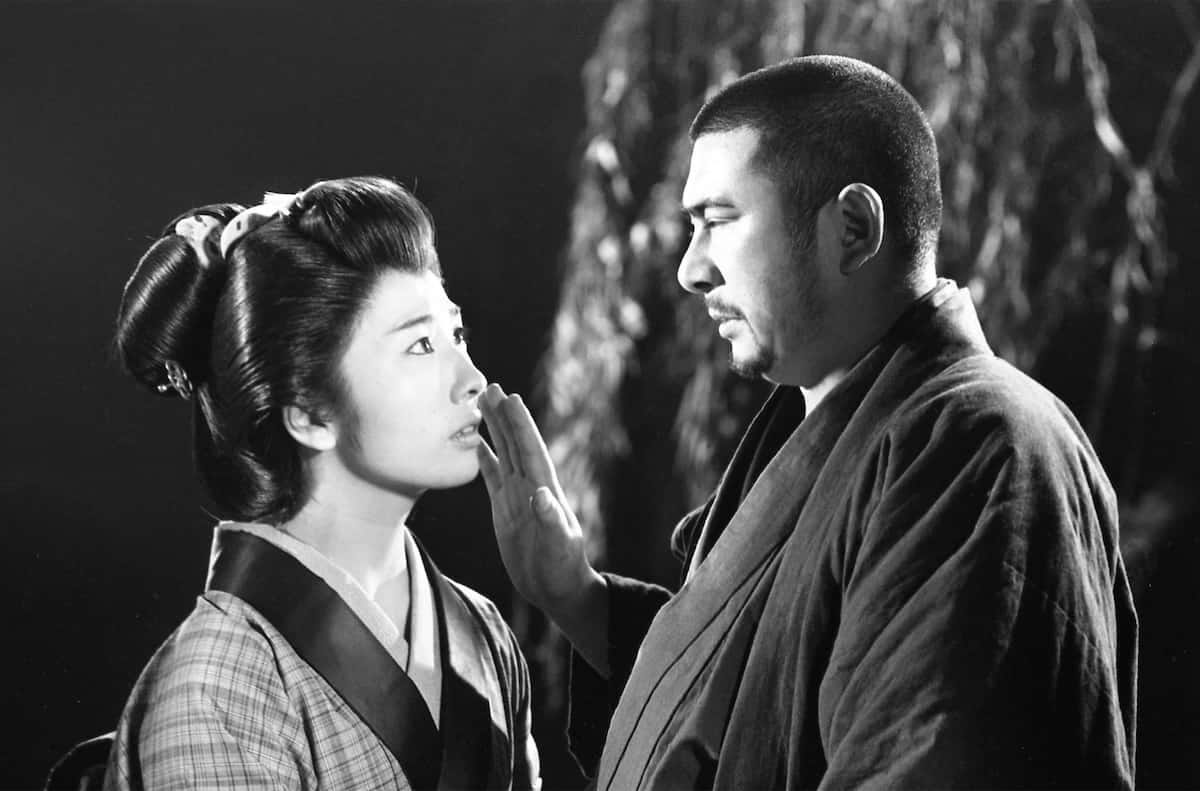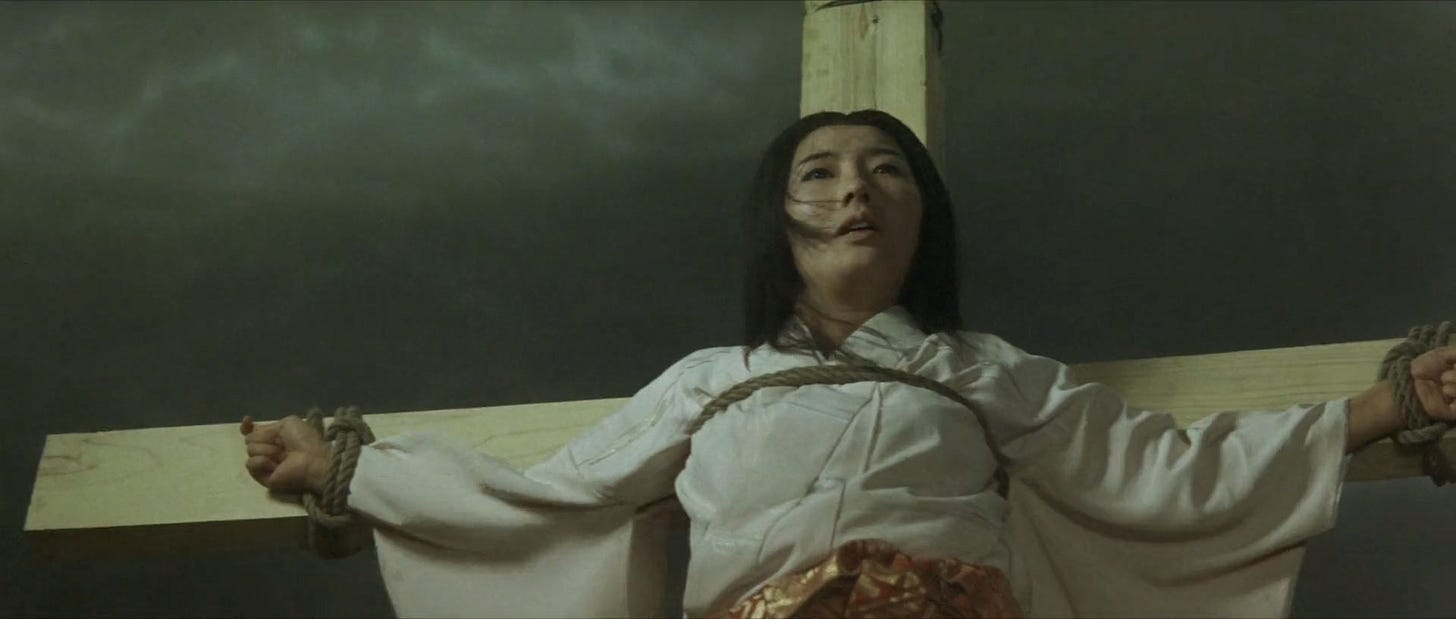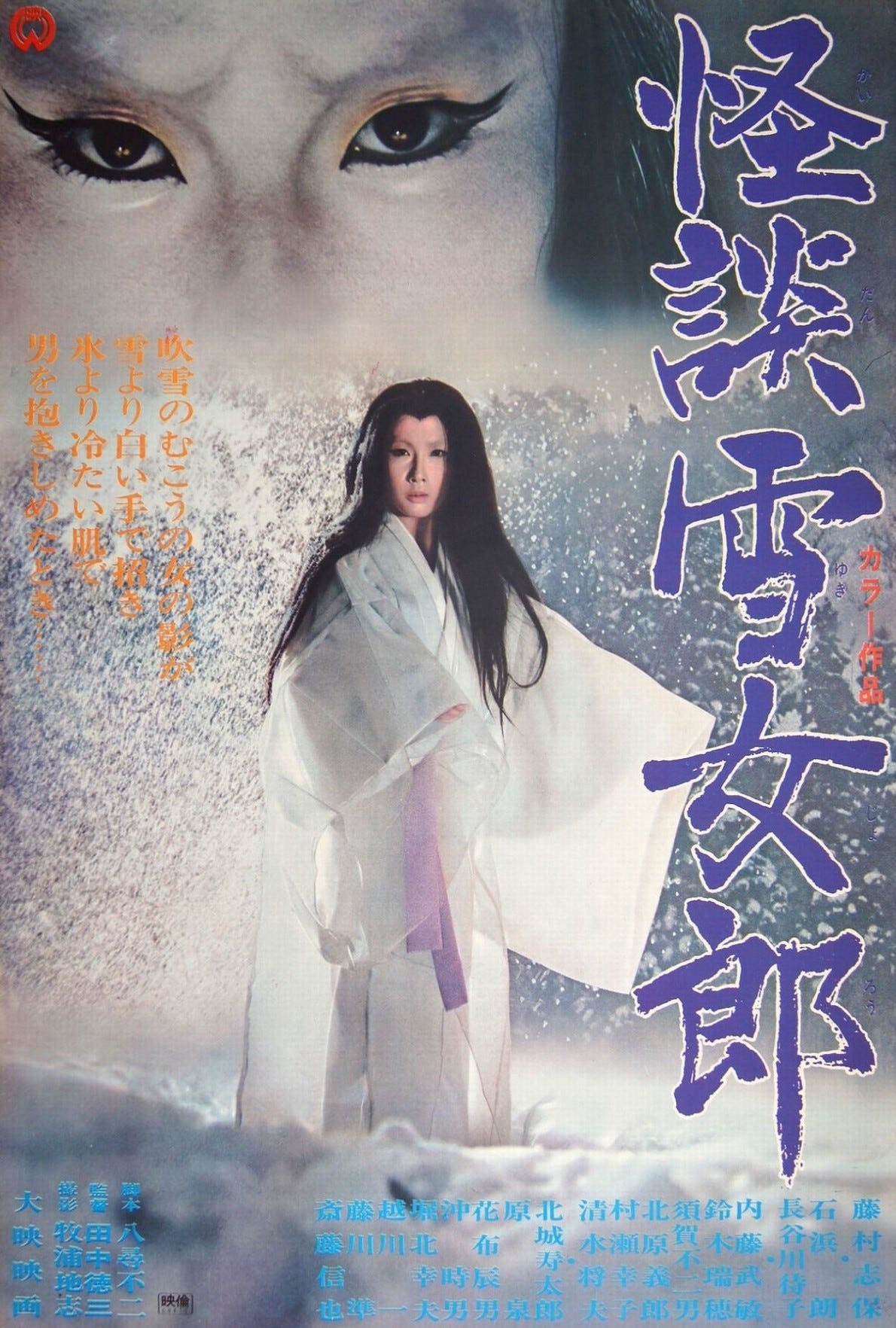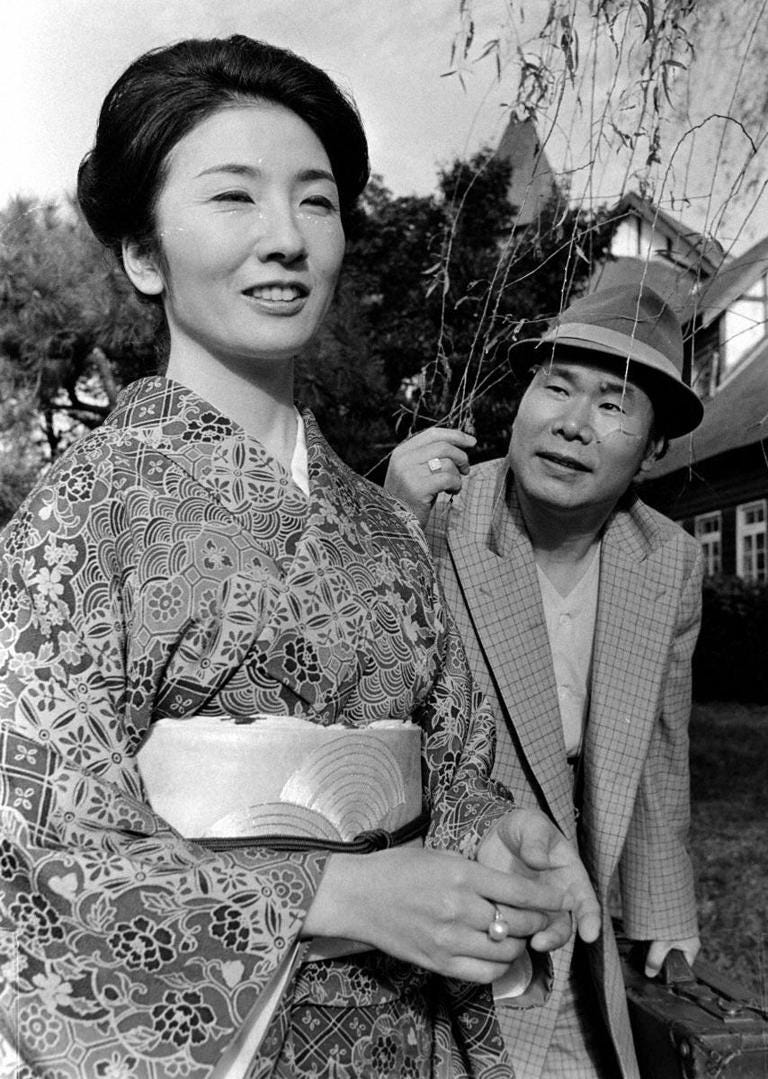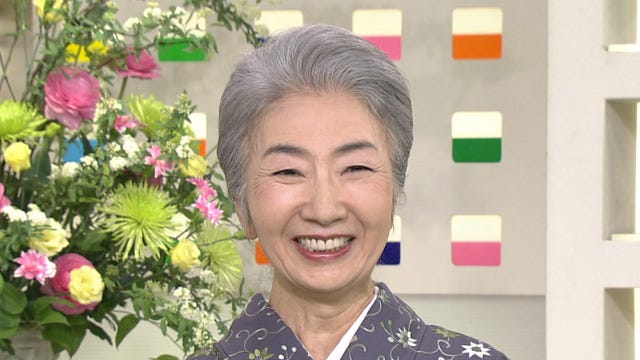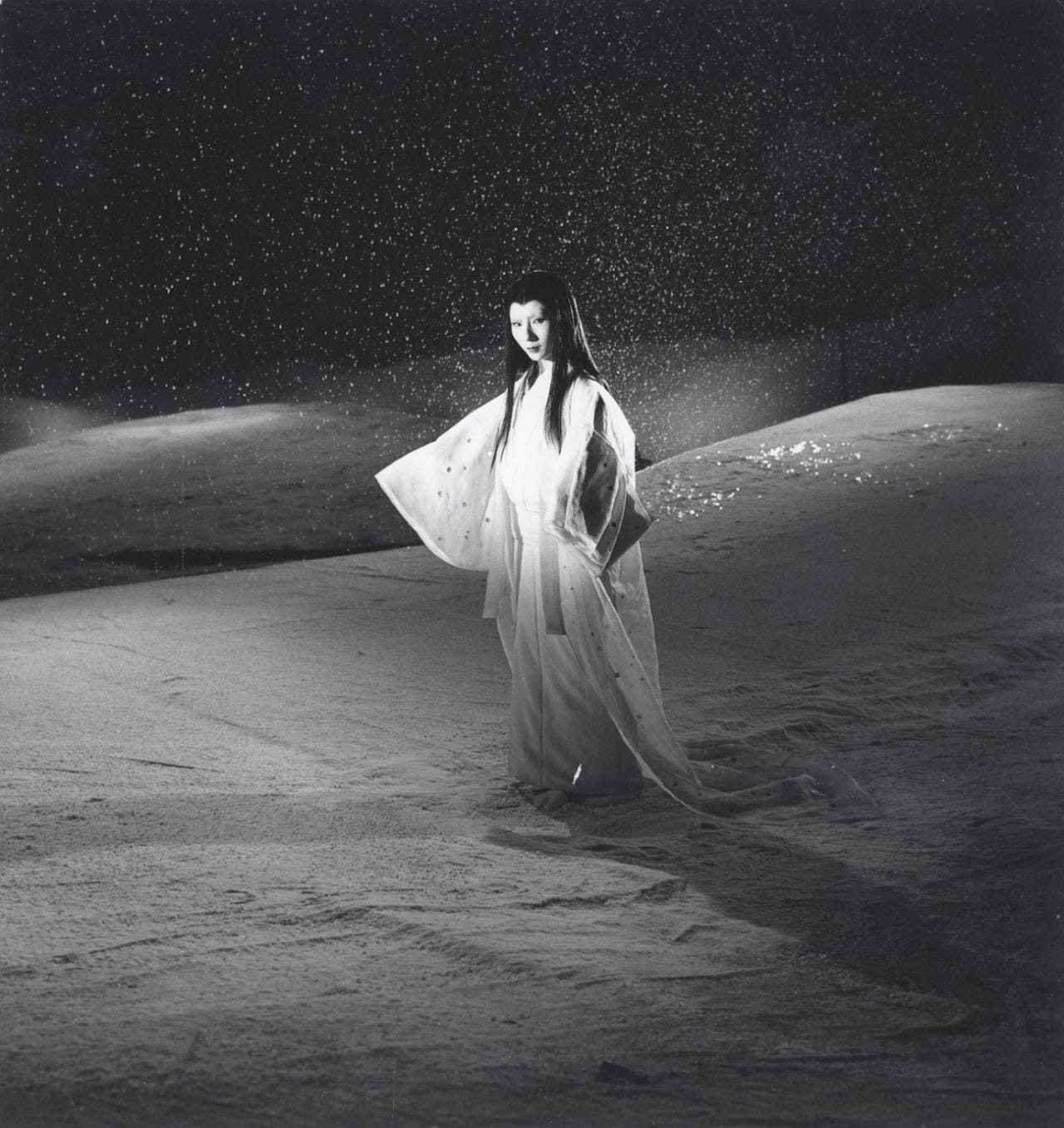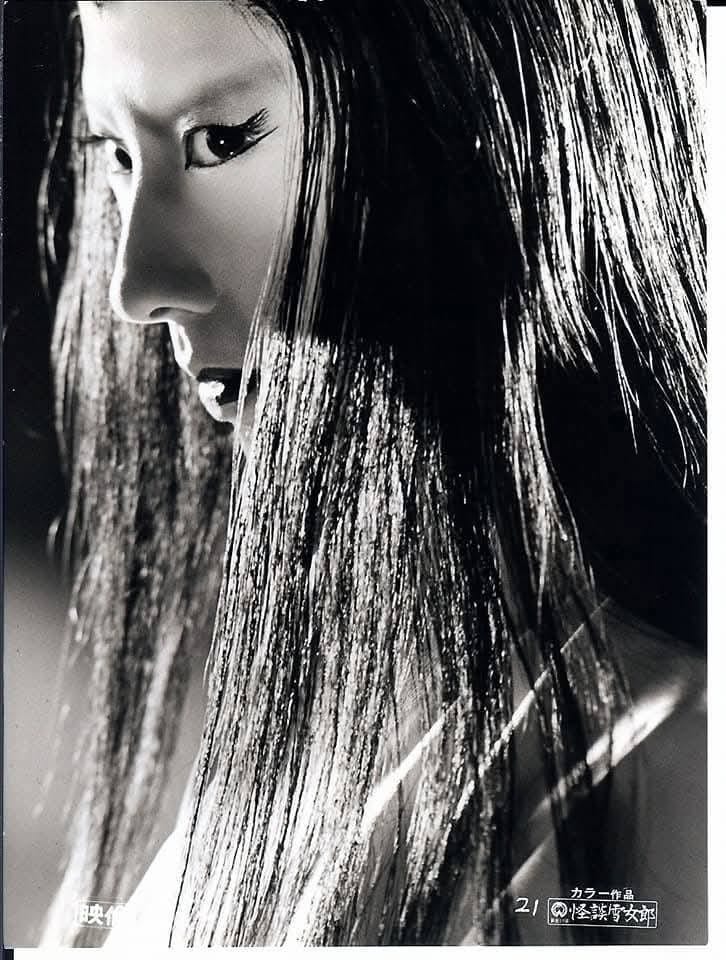From The Snow Woman to Daimajin: The Life of Japanese Actress Shiho Fujimura
Japanese pop culture news edited by Patrick Macias
Farewell to a Legend
・Japanese actress Shiho Fujimura passes away at 86 from pneumonia
・Starred in iconic films like Shinobi no Mono, Zatoichi, Daimajin Strikes Again, and The Snow Woman
・Celebrated for her elegance, refined voice, and roles in period films and NHK dramas
Shiho Fujimura, one of Japan’s most respected actresses, passed away from pneumonia on June 12, 2025, at the age of 86. According to her agency, she had been hospitalized after a fall earlier in the month. Her condition worsened, and she passed quietly at a hospital in Tokyo. In accordance with her wishes, the funeral was held privately with only close family present. News of her death quickly spread across Japan on June 19th where fans and colleagues remembered her as a rare talent who brought grace, intelligence, and emotional depth to every role she played.
A Name Born from Literature
Born in Kawasaki, Kanagawa Prefecture, Fujimura entered the Daiei Kyoto acting school in 1961 and made her screen debut the following year in Kon Ichikawa’s Hakai (The Outcast, 1962). She received multiple newcomer awards for the performance, and her stage name was drawn from the film itself. “Shiho” was her character’s name, and “Fujimura” came from the surname of the original author, Shimazaki Tōson. The result was a name that linked her identity with literature and tradition from the very beginning of her career.
Queen of the Period Films
Fujimura quickly established herself in the world of jidai-geki period film. She appeared in the popular Shinobi no Mono ninja series and in Zatoichi’s Pilgrimage (1967) opposite Shintarō Katsu. She also played key supporting roles in historical dramas throughout the 1960s and 70s, where her calm intensity and refined presence set her apart. Directors cast her not just for beauty, but for the strength she projected through stillness. In an era of action and spectacle, she became a quiet center of emotional gravity.
Dramatic Power in Daimajin Strikes Again
In the 1966 fantasy epic Daimajin Strikes Again, Fujimura portrayed Princess Sayuri, a noblewoman who suffers at the hands of a tyrant. In the film’s most harrowing sequence, Sayuri is bound and crucified on a wooden frame as a sacrifice, pleading with the gods while the villagers look on in horror. Fujimura recalled the shoot as grueling and emotionally intense, saying she channeled “fear and prayer at the same time” while filming the scene. Fans still point to this moment as one of the most powerful in the entire Daimajin trilogy. As one wrote online, the image of her tied to the stake felt “indescribably powerful,” while another commented, “If I were Daimajin, I’d be glad she cried for me.”
The Snow Woman’s Eternal Chill
Fujimura’s portrayal of the supernatural spirit in The Snow Woman (Kaidan Yuki Jorō, 1968) remains a landmark performance in Japanese horror cinema. Directed by Tokuzō Tanaka, the movie reimagines Lafcadio Hearn’s classic ghost story with surreal atmosphere and quiet terror. Fujimura played the title role with icy stillness and deep sorrow. Reflecting on the performance years later, she said, “I did not play her as a ghost. I thought of her as a woman shaped by snow and silence.” Her portrayal became a defining example of restraint in horror, a figure who haunted without words.
A Voice That Lingered
Known for her distinct voice, Fujimura brought a soft, nasal cadence to her roles that became instantly recognizable to audiences. Her delivery added layers of emotion, particularly in dramatic scenes where quiet moments carried the most weight. In Futari Biyori (2005), her line in Kyoto dialect—“I thought I’d live just a little longer than you, even by a second”—became a fan favorite and was often cited in reviews. The line captured what she excelled at throughout her career: expressing heartbreak with elegance and control.
From Taiga Drama to Public Advocacy
Fujimura was also a regular on NHK’s yearlong Taiga dramas, beginning with Taikōki (1965), where she played Nene, the wife of Toyotomi Hideyoshi. Her roles in Sisters, Heaven and Earth, and Fūrin Kazan solidified her position as one of Japan’s most versatile actresses. Outside of acting, she published a collection of essays in 1985 titled Beyond Brain Death, exploring the ethics of organ donation after a personal health scare. She later testified as a witness in the Diet, using her platform to support medical reform.
A Legacy of Grace and Strength
In her later years, Fujimura appeared in films such as Tokyo Biyori (1997) and Futari Biyori (2005), where she played matriarchal roles that drew on her long history in cinema. Though her screen appearances became less frequent, she remained active in cultural events and traditional arts, including geisha dance and stage readings. Reflecting on her approach to acting, she once said, “I try to show what is pure and strong inside a person.” Through every role, from noble princesses to vengeful spirits, she revealed the quiet resilience of Japanese womanhood. Her death marks the end of an era, but her films continue to inspire.



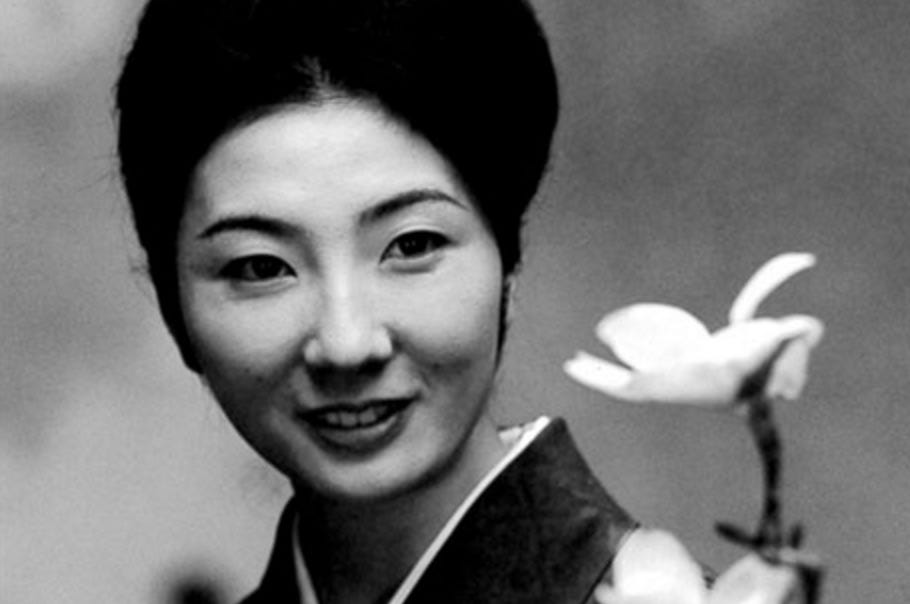
![Return of Daimajin (1966) ORIGINAL TRAILER [HD] Return of Daimajin (1966) ORIGINAL TRAILER [HD]](https://substackcdn.com/image/fetch/$s_!15it!,w_1456,c_limit,f_auto,q_auto:good,fl_progressive:steep/https%3A%2F%2Fsubstack-post-media.s3.amazonaws.com%2Fpublic%2Fimages%2Fa4ce4dbe-d634-4f8b-87e8-dc8d47d3f4d3_1280x720.jpeg)
